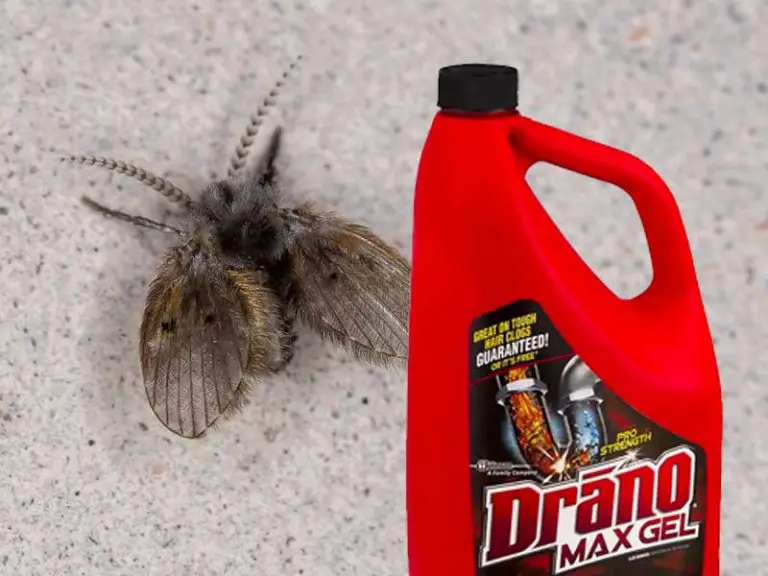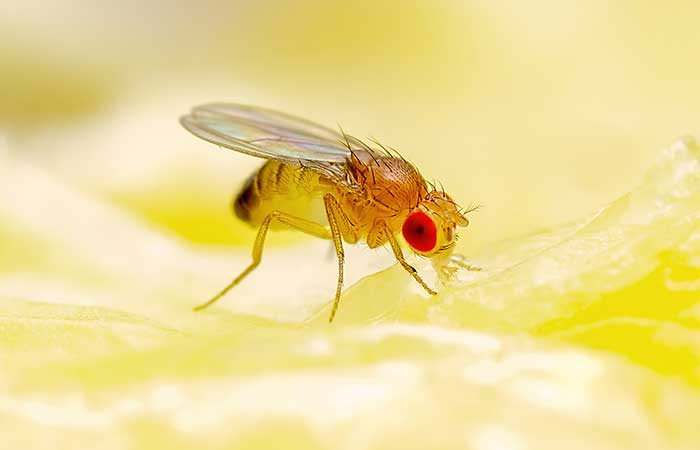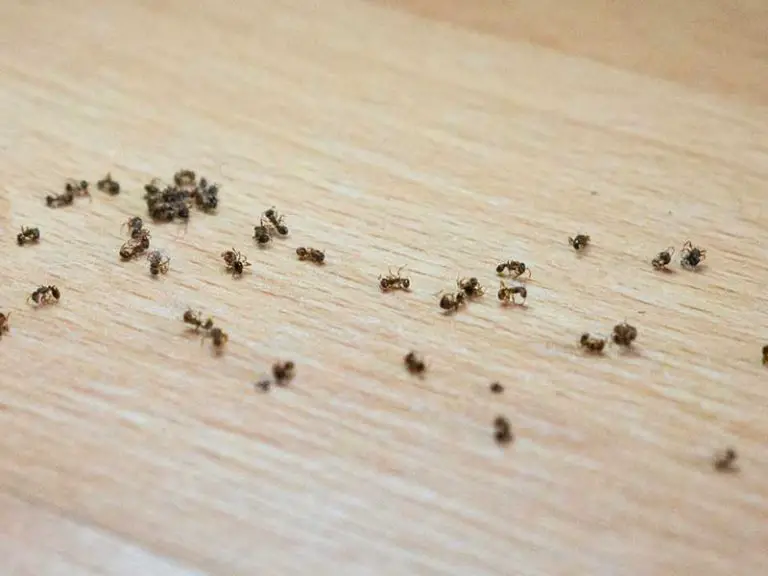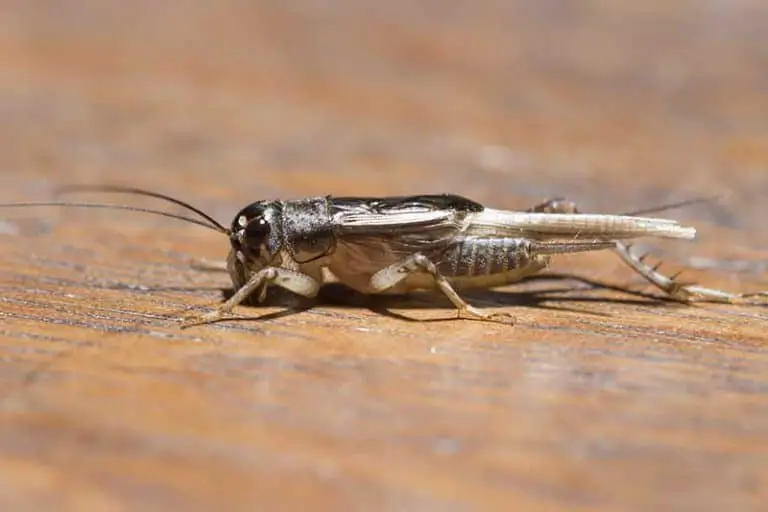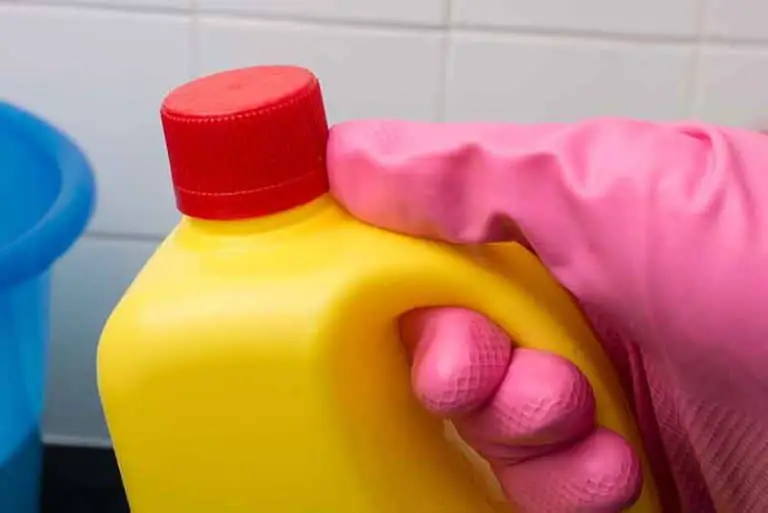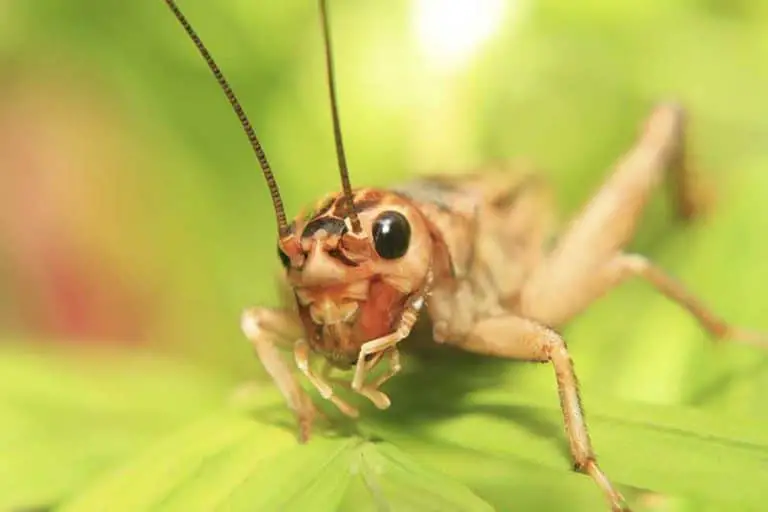How to Get Rid of Ants in Winter
If you have ever wondered what ants do during cold weather, moving into human houses was probably not high on your list of answers. Obviously, in natural circumstances, ants hibernate and find other warm, dry places to spend the cold weather if they can.
However, if you’ve ever experienced a sudden influx of these bugs when winter comes, you might be asking how to get rid of ants in winter.
There are a number of ways to get ants out of your home when they decide to move in from the cold, and these include poisoned bait, removing all food sources, and making your home as inhospitable to them as possible.
Ants don’t hibernate when they are in your home, because it’s not cold, so they will behave as they do at other times of the year and often make a nuisance of themselves.
Why Do Ants Come Inside When It’s Cold?
Ants come inside when the weather turns cold for several simple reasons: they dislike the cold, it makes them inactive, and there is very limited food outside, especially if the ground is snowy. Your nice, snug kitchen solves all of those problems for them!
Our houses tend to be significantly warmer than the great outdoors once winter sets in. They are snow free, and they have a ready supply of food in the form of dropped crumbs and forgotten sugar spoons that the ants can enjoy.
If your house is really warm, ants may even be able to farm aphids on your houseplants and eat honeydew, which is a favorite for many species of ants. They can also burrow in the soil of these plants and feel right at home, as though winter wasn’t going on.
It’s hard to blame them for wanting to retreat from the cold outside, as ants do not handle cold weather brilliantly well. It rarely kills them, but they are usually forced to become inactive for long periods while they wait for the weather to warm up again.
It is not possible for them to stay active when temperatures drop too low, and they won’t be able to find enough food. Insects that they could predate will die off, there are no flowers to take nectar from, no fruits to eat, and little seed or grain to forage for.
Most of their food supplies dry up, so they have little choice but to stop operating… unless they find a warm refuge to work from, like your home.
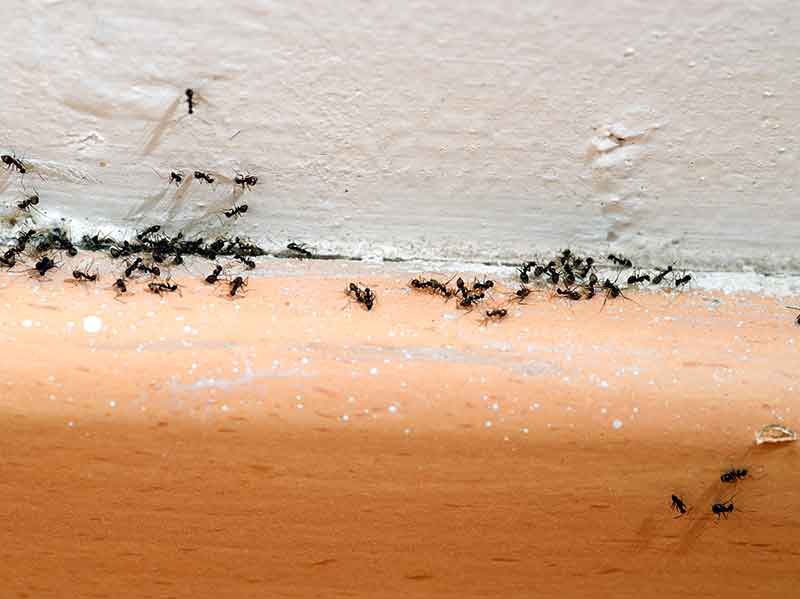
How To Get Rid Of Ants In Winter
Of course, you probably don’t want ants inside, no matter how chilly it is outdoors, so we’ve put together a list of ideas for how to get rid of ants in winter.
Ants can be very frustrating to have in the home. They will get into every bit of spilled food, and can destroy your pantry if they manage to access it. Honey, syrup, and other sugary substances are particularly attractive to them, but they will eat almost anything.
Often, removal methods that work for ants during the other seasons will work for ants in the winter, but remember that ants won’t want to go back out into the cold. They will not have an alternative nest in a warm spot, and they will know that there is no food out there.
Ants that have remained active may not have the fat reserves to hibernate, and this means that they might be extremely slow to move their nests – if indeed, they will move at all. You may have to work hard to get ahead of ants that are living in your house when the weather is cold.
Don’t Leave Food Out
The first answer to how you can stop them from coming inside, then, is to make sure there’s nothing to eat. That is often easier said than done, but minimizing the amount of food available is key to preventing an ant invasion. If there is nothing to eat in your house, the warm temperatures won’t be enough to keep them there.
You should wipe all the counters down after every meal, and wash all crockery and cutlery as soon as a meal is over. Sweep and mop floors regularly to remove debris and crumbs. You should also vacuum carpeted areas to take care of any crumbs.
Don’t forget to wipe down cupboard facings as well. These often accumulate sticky streaks from food splashes, so keep them clean, or the ants will be quick to take advantage of the spill.
You should make an effort to clean your pantry and store food in airtight containers where you can. That might feel like a nuisance chore that you really don’t need when winter is here, but it might mean the difference between good, uncontaminated food, and ant-riddled muesli.
Wipe down any jars that contain sticky or sugary foods, and place these on a high shelf to make them harder for ants to reach.
If ants do find your pantry or get into food cupboards, make sure you remove them (and affected food) and clear away any scent trails. They will keep using these to get back to your food otherwise, so they should be scrubbed away with soap and water.
Regularly emptying your bins is also a good way to tackle unwelcome ants in your kitchen. If you have a compost bucket, keep it clean and hygienic, and don’t dispose of sugary foods in there, or the ants will be all over it.
Keeping a very clean environment will discourage ants from coming in, as they won’t be able to find enough to eat to support their colony.
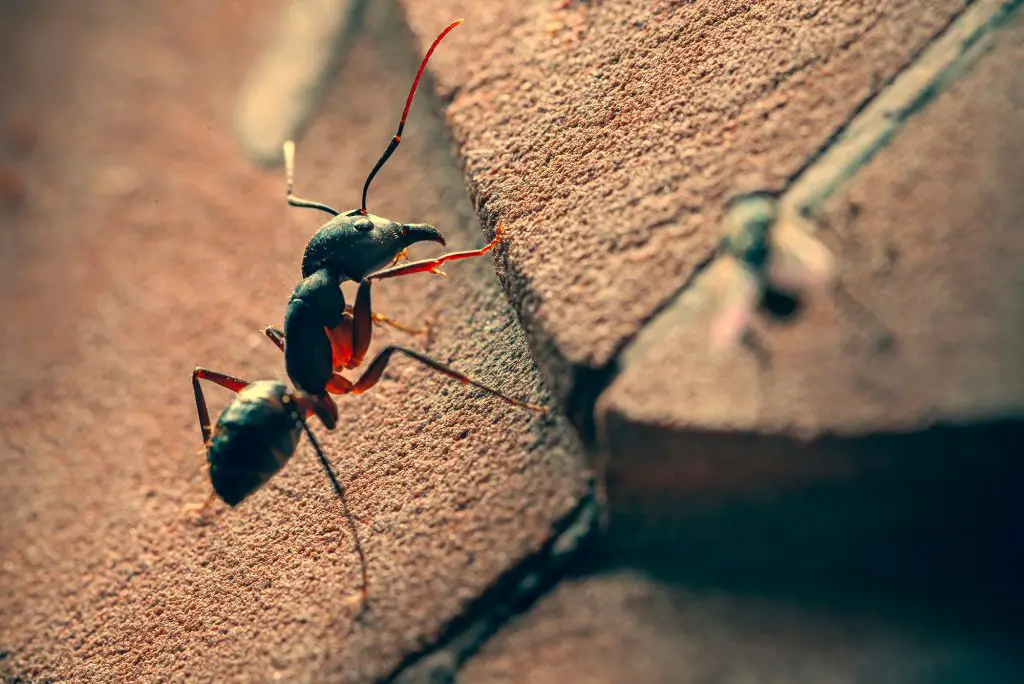
Sprinkle Aromatic Herbs/Spices
Next, sprinkle some things that ants dislike the smell of around your kitchen (or anywhere else that is likely to get infested). Ants dislike many strong scents, as these make it more difficult for them to find their own scent trails, which they depend on to get back to their nests.
Basil is a herb that ants dislike. They are also deterred by lavender, cinnamon, garlic, eucalyptus, and peppermint. All of these will help to deter ants from setting up camp in your home.
You can spread the herbs themselves, or use essential oils for the scent. While smell alone is rarely enough to keep ants away, it can make your house feel less hospitable to them, and they will be less likely to nest there.
Seal Up Cracks
Ants need a way into your house. It is probably impossible to seal every ant sized crack and gap, but you should make some effort to seal big ones. Windows and doors are common entry points for many ants, so check these first.
Use caulk to seal up gaps and ant-proof your home. Determined ants can eat through many kinds of sealant, but they will probably only make this effort if they already have an established colony. If you can keep them out before they become a problem, sealing gaps should work.
You should also take an opportunity to check for and address any damp spots. Apart from the fact that you don’t want dampness in your house, ants require moisture to thrive, so if you have any areas where condensation is building up or a tap is dripping, you are more likely to get ants living in your home.
Preempt Ants
If you know that ants tend to move into your house every winter, try and take action sooner. It is easier to discourage a few scouts than it is to get rid of a whole colony, and if you don’t like killing ants, this is even more the case.
Try following the above steps before the weather turns cold – if not this year, then next year. If the ants find little interest when they first enter the home, they are much less likely to move in, and you won’t find yourself trying to get rid of a whole nest of them.
Spring cleaning your whole house may feel excessive for fall – after all, that’s what spring is for – but it could save you months of frustration in dealing with the ants, or possibly even longer. There is no guarantee that the ants will move back outdoors once the weather improves; they might stay inside, where there are no predators, but a ready supply of food.
Baited Food Traps
While you may not like the idea of harming the ants that come in, baited food traps are a sure way to handle a winter ant problem. You can even make your own versions by choosing foods that the ants like and then applying an insecticide to these foods.
The ants will take the contaminated food home, and the colony will slowly die. It should be noted that this method can take weeks to work, so don’t give up if you don’t see immediate results. However, it should work if you are patient and consistent.
So, in terms of how to get rid of ants in winter, poisoned food is an effective option. If you have pets, however, make sure the food is not somewhere that they might eat it or inhale any powders in it.
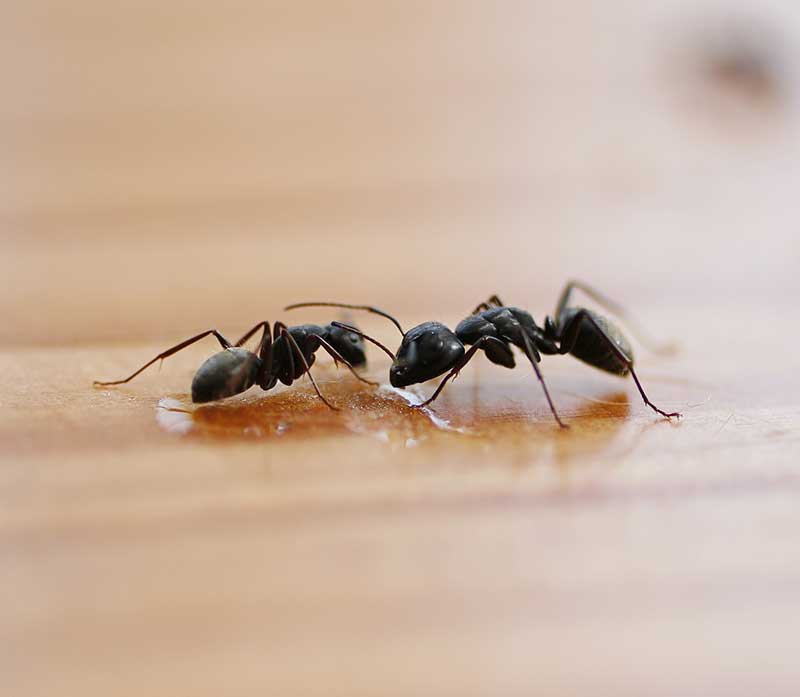
What Kinds Of Ants Come Inside When It’s Cold?
Theoretically, any kind of ant could move into your home when the outside temperatures are dropping. Most ants struggle to manage well in winter, so any kind might choose your home as a better spot, but in general, only a few species of ants tend to nest in houses.
These include (but aren’t limited to):
- Dark rover ants
- Pharaoh ants
- Odorous ants
- Argentine ants
- Crazy ants
- Pavement ants
- Acrobat ants
- Carpenter ants
- Ghost ants
Other species could move in, but if you have ants in your home, they are likely to be from one of these species. Most ants look quite different from each other, so you should be able to work out what kind of ant you have in your home by looking closely at it and comparing it with online resources.
Summary
Ants in the home can be a real nuisance, and they may be destructive as well as annoying. You don’t want them to move in, whether it’s winter or summer, so recognizing what they have come for and working out ways to deter them before they move in are key steps.
If you can stop ants from moving into your home when the cold weather hits, they will hopefully eat enough to hibernate, and then go and build nests somewhere else, leading to a win-win situation for both parties. Now you know how to get rid of ants in winter!

